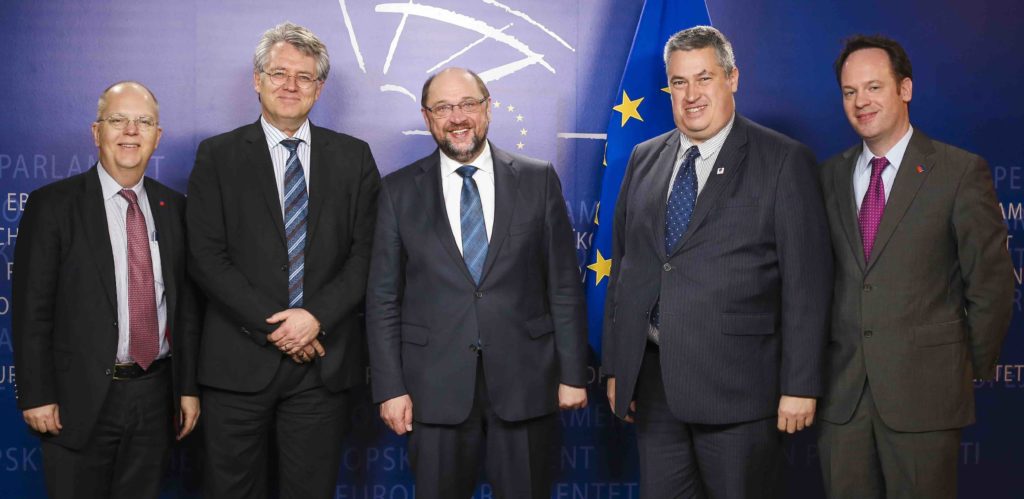
Interview for Stefan Sack, former Vice President of the European Chamber, former Chair of Shanghai Chapter
How long have you been in China?
I have been in China since February 2005, working in Shenzhen and then Shanghai in the automation, electronics, and service and consumer industries.
How did you first get involved in the European Chamber’s work and what were some of the main challenges then?
The European idea is very close to my heart. Back in the beginning of my time in China in 2005, I enjoyed learning about the country through networking with and information shared by the Chamber. You can say I used the “C” of the European Chamber’s ‘ABC’ [Advocacy, Business Intellligence and Community]. When I moved to Shanghai in 2008, the challenges for the Chamber were very small. During this time, access to customers, equal treatment and (still) networking were the drivers of business in China. Helping to restart the automotive component Working Group and chairing it for a few years was a great experience.
In its 20-year history, what would you say has been the European Chamber’s biggest accomplishment?
The European Chamber’s unparalleled fact-based approach and—while being a lobby organisation—fair way of presenting its message has made it an indispensable voice for businesses. By being an umbrella over a vast number of industries and 1,700 members, the European Chamber’s voice is heard very powerfully. Powerful in the sense of being able to draw conclusions based on many detailed facts that the teams in the European Chamber chapters all over the country collect, process and form into concise documents.
What’s the difference in China’s business/regulatory environment in your industry today vs. 20 years ago?
Certainly, China has developed a lot in terms of rule of law, intellectual property protection, etc. China in 2000 was very different from now.
What do you expect to see China’s business/regulatory environment to change in 20 years?
Concerns arising in these times of COVID-19, and with the China-United States trade war still in the background, are overshadowing the positive developments we have seen in last years. Opening markets, and increasing trade and reciprocal investments has helped to stabilise the world. Fair trading systems are a prerequisite for peaceful coexistence.
I sincerely hope that we do not see a contraction of globalisation after COVID-19, but instead China taking a leading role in continuing to push for globalisation, both as a market and as an advanced leading industrial nation.
What role do you expect the European Chamber to take in the next 20 years?
The European Chamber will hopefully be able to remain relevant as a voice for European business in China that tries to ‘make the cake bigger’ for EVERYONE, and not just make one nation great again.
What value has the European Chamber brought to you/your company/your industry?
This varied for the different companies I worked with. The Chamber provides timely access to information on aspects such as policy, which is certainly an advantage and even more so for smaller companies without the resources or team to closely monitor regulations as they change. Most recently in February, the South China Chapter of the Chamber was extremely successful in supporting the reopening of local factories by bringing forward consolidated feedback to government bodies in Guangdong province. I believe this helped us to open much faster than many other companies.
Do you remember the European Chamber’s first government meeting you attended, who it was with and how you were received?
I remember many, but the first one… not that easy. What I particularly appreciated while being chair of the Shanghai board was the continued and regular exchanges we had with the Shanghai authorities. Meeting each other every few months allowed continuous dialogue and improvement. The atmosphere in these meetings was always in ‘listening mode’, which made it a good experience for both sides.
Do you feel that the Chinese authorities care about the Chamber’s messaging and recommendations?
Not only the Chinese, also the European. In a meeting in Brussels, former Trade Commissioner Karel de Gucht said: “The Position Paper of the European Chamber is our bible.” It provides BOTH sides, the EU and China, with a basis for discussion that helps to start a constructive dialogue.
As you reflect on your time in the Chamber over the past years, what comes to mind?
Gratitude, that I had the chance to serve in this amazing organisation. Awe, when I look at the commitment and quality of the staff and the members that contribute so much.
What is the best piece of advice you can give the European Chamber for the coming years?
Stick to the same values and keep highlighting issues in order to make the cake bigger for everyone.
Stefan Sack, former Vice President of the European Chamber, former Chair of Shanghai Chapter
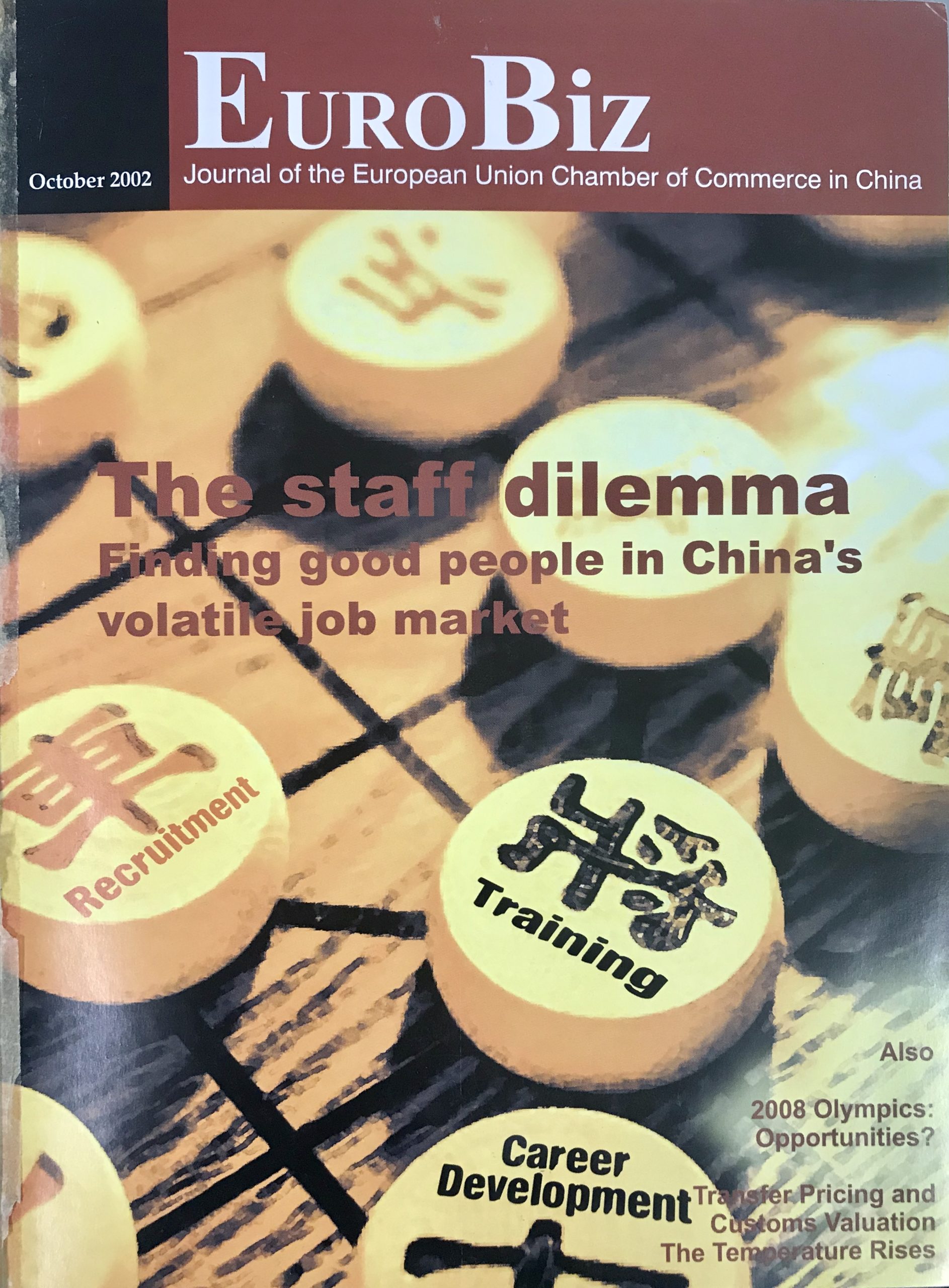
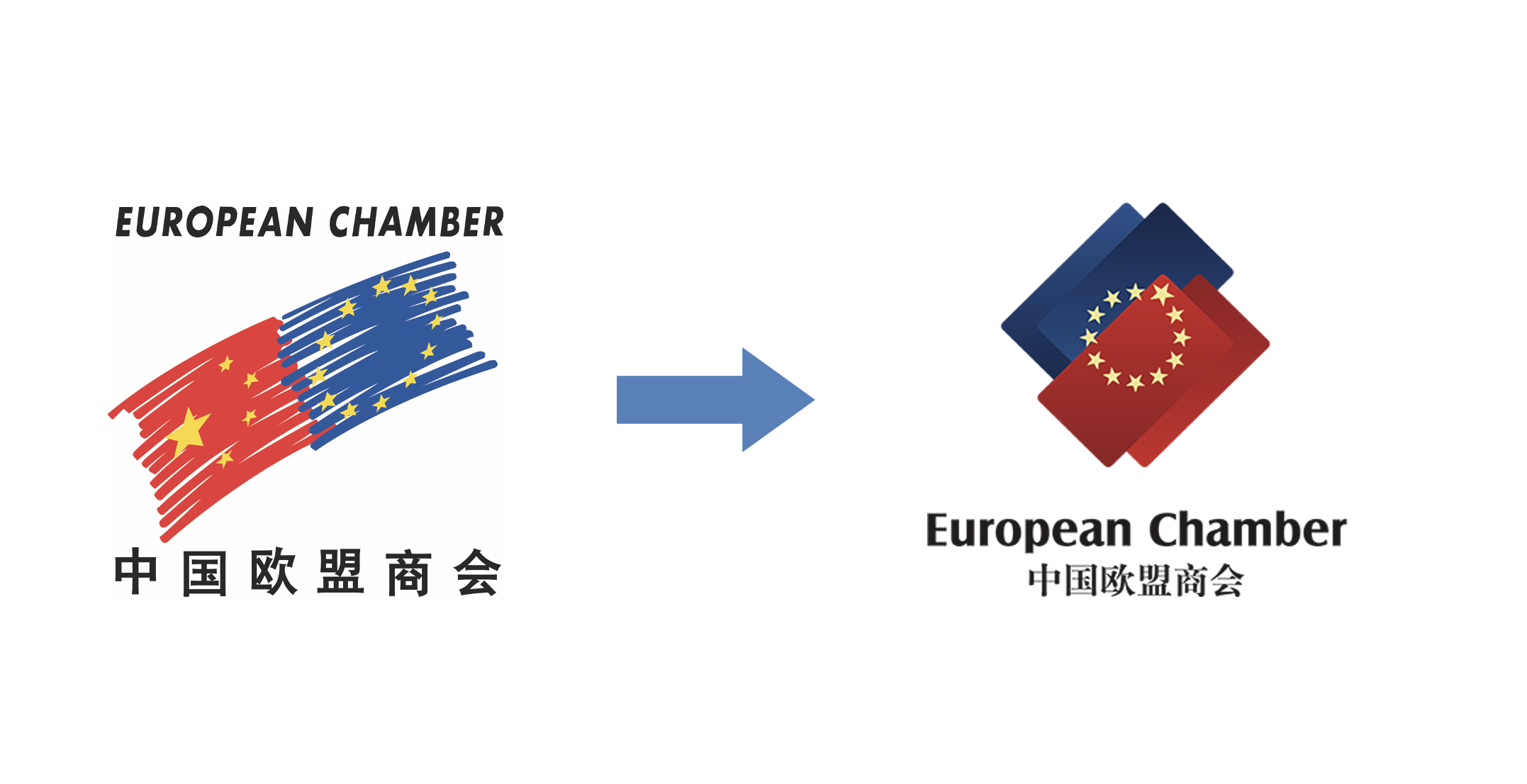
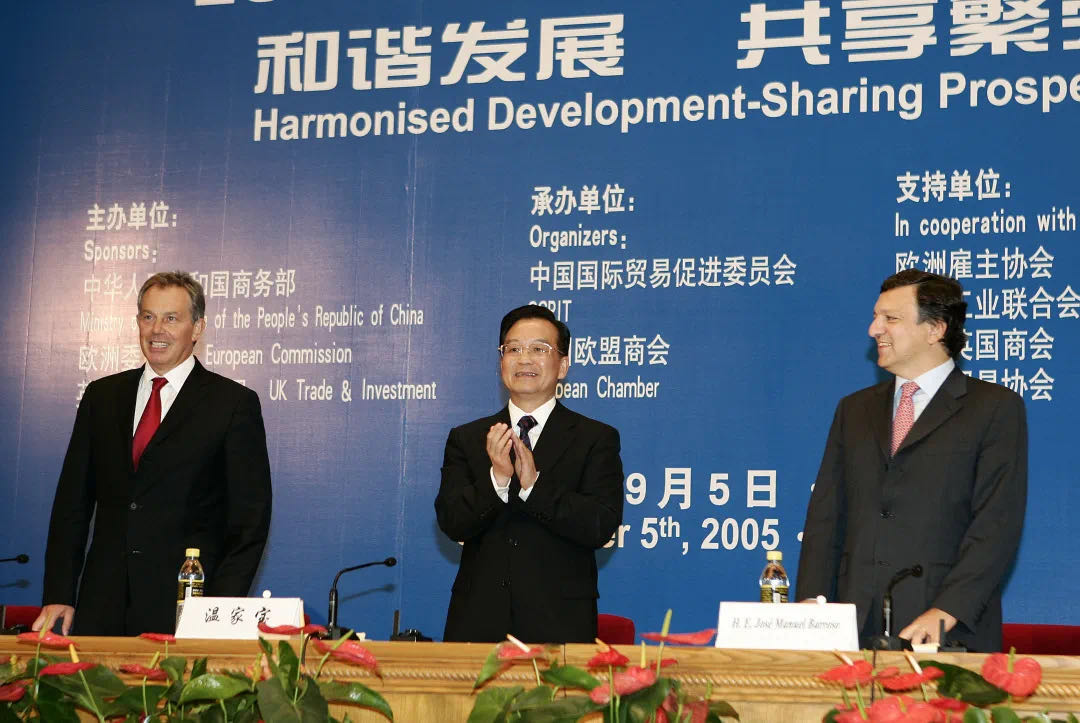
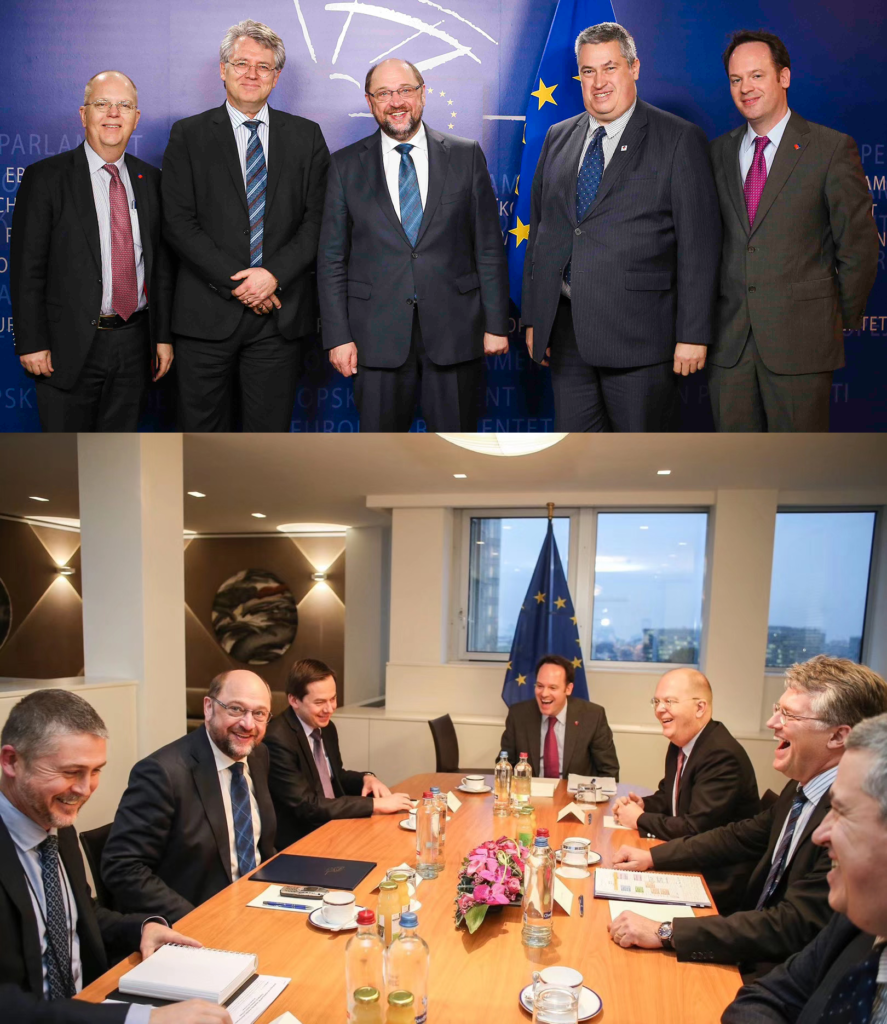
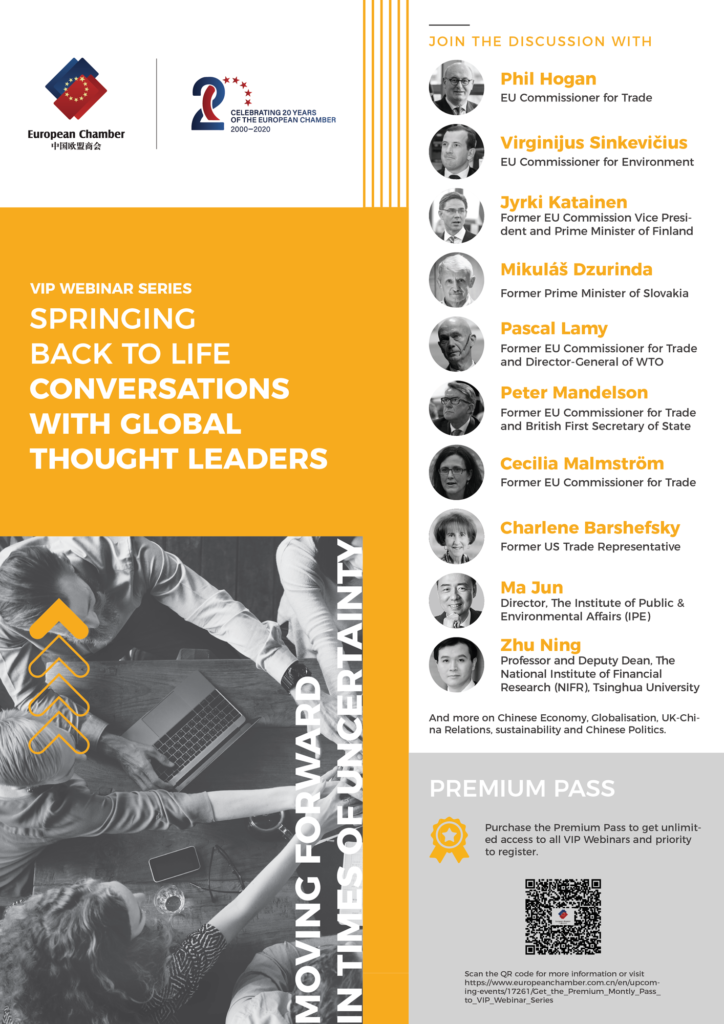
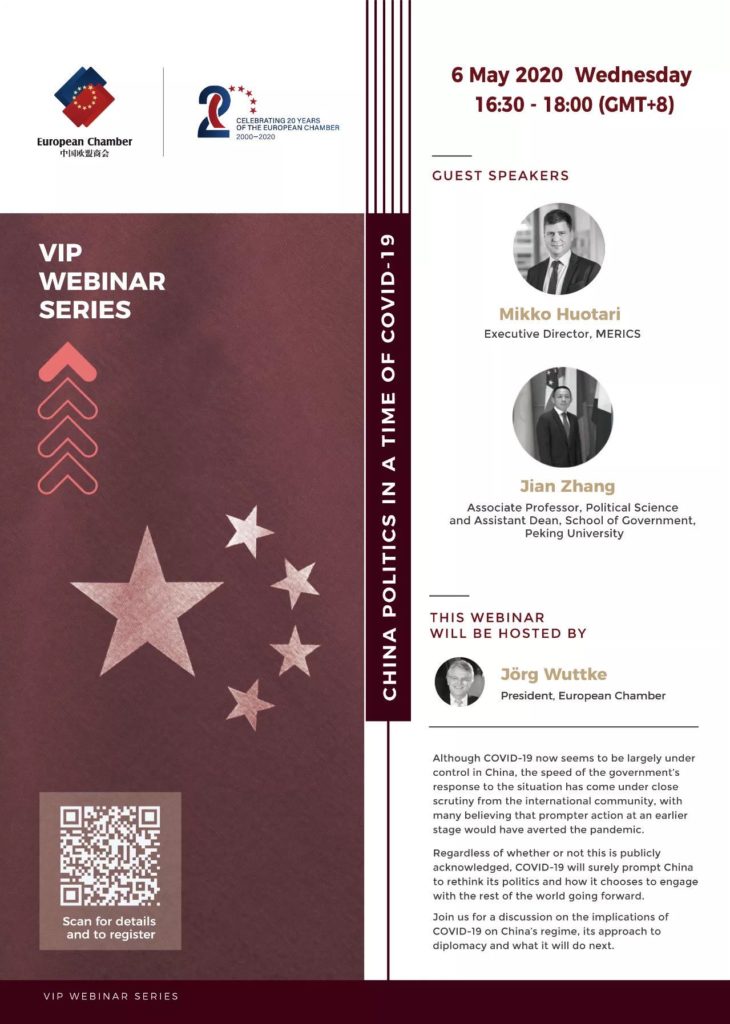
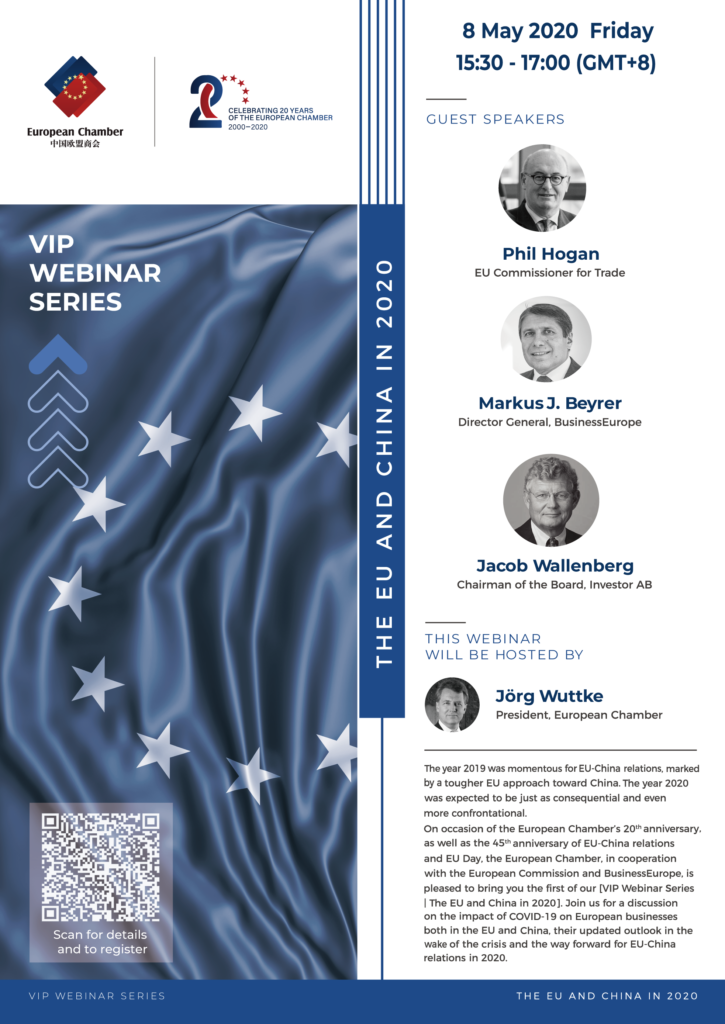
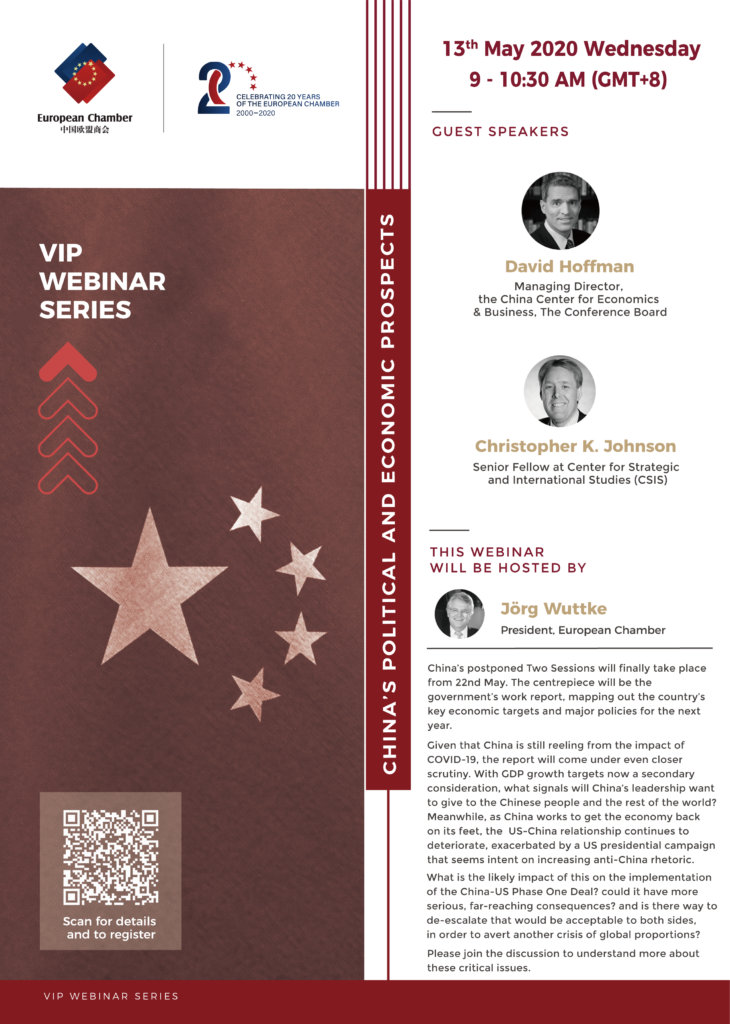
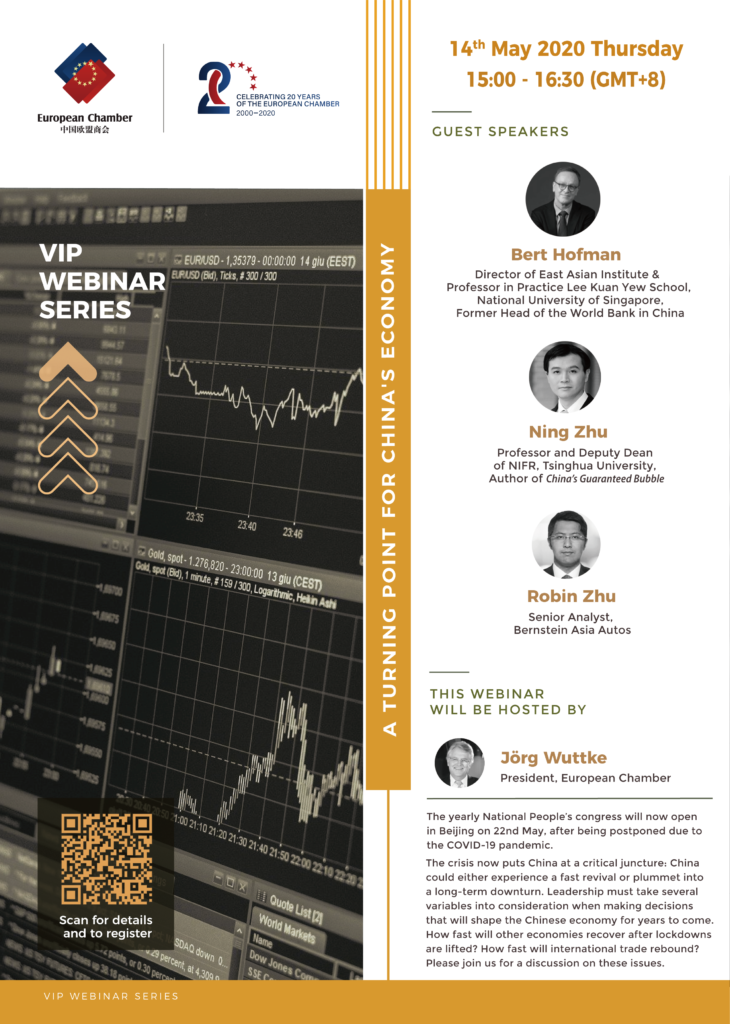
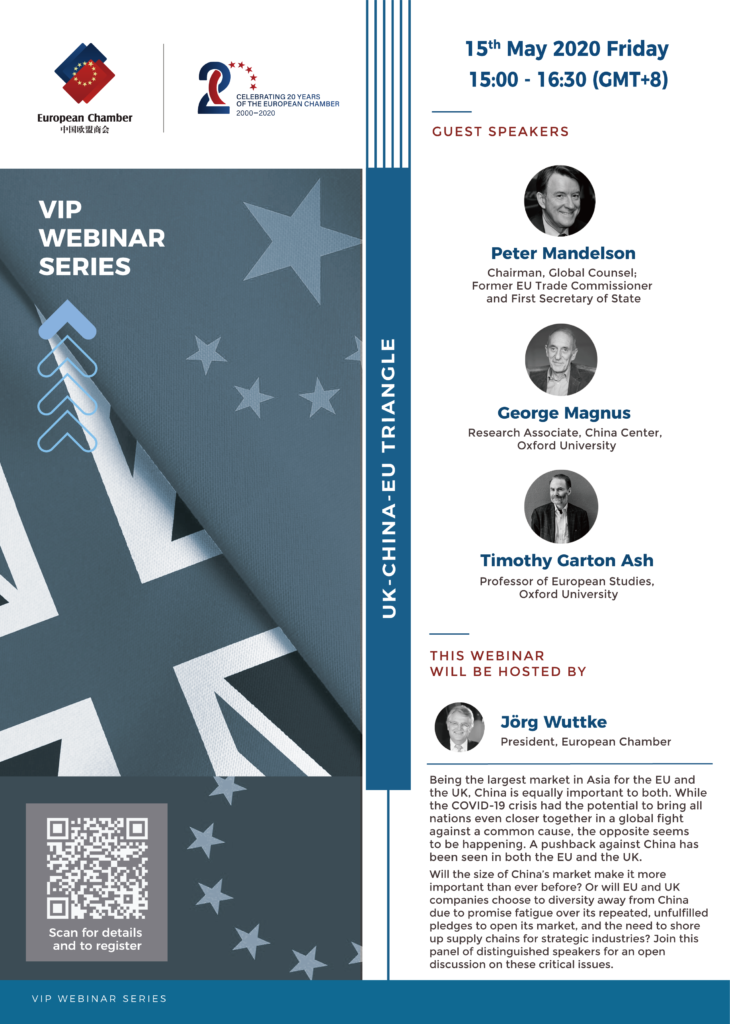
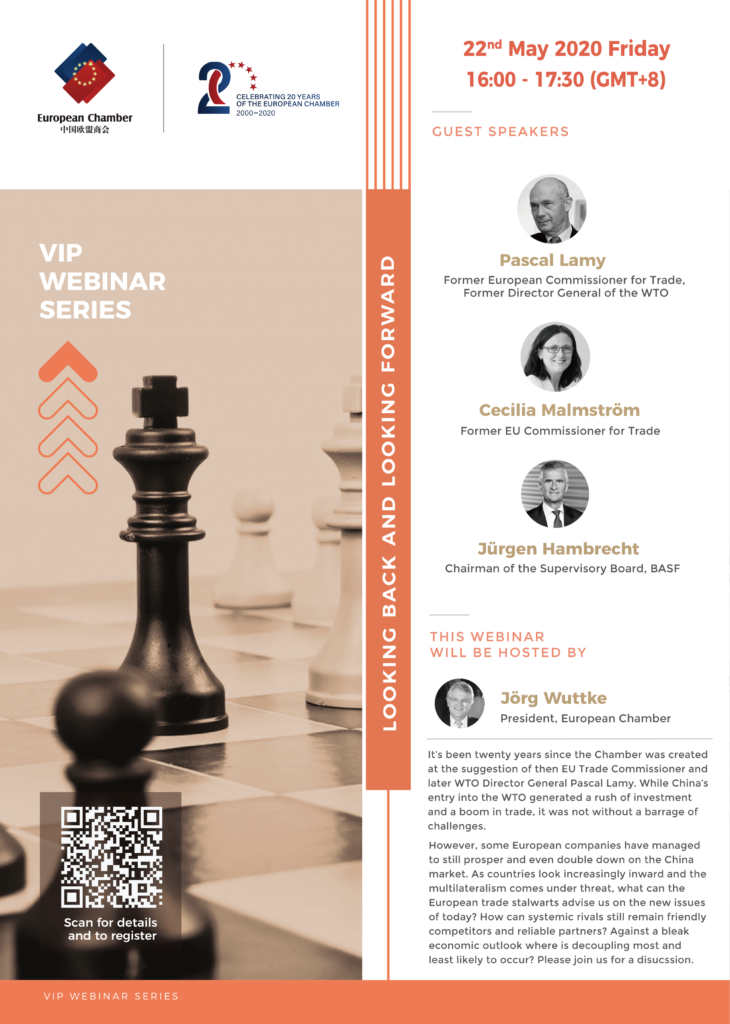
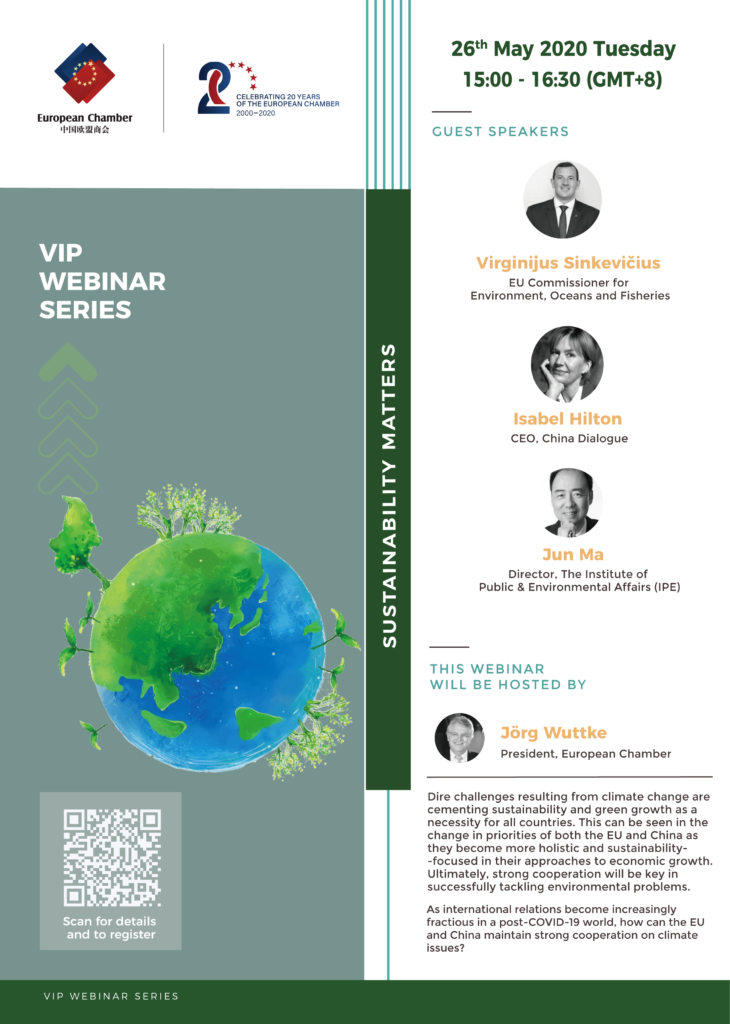
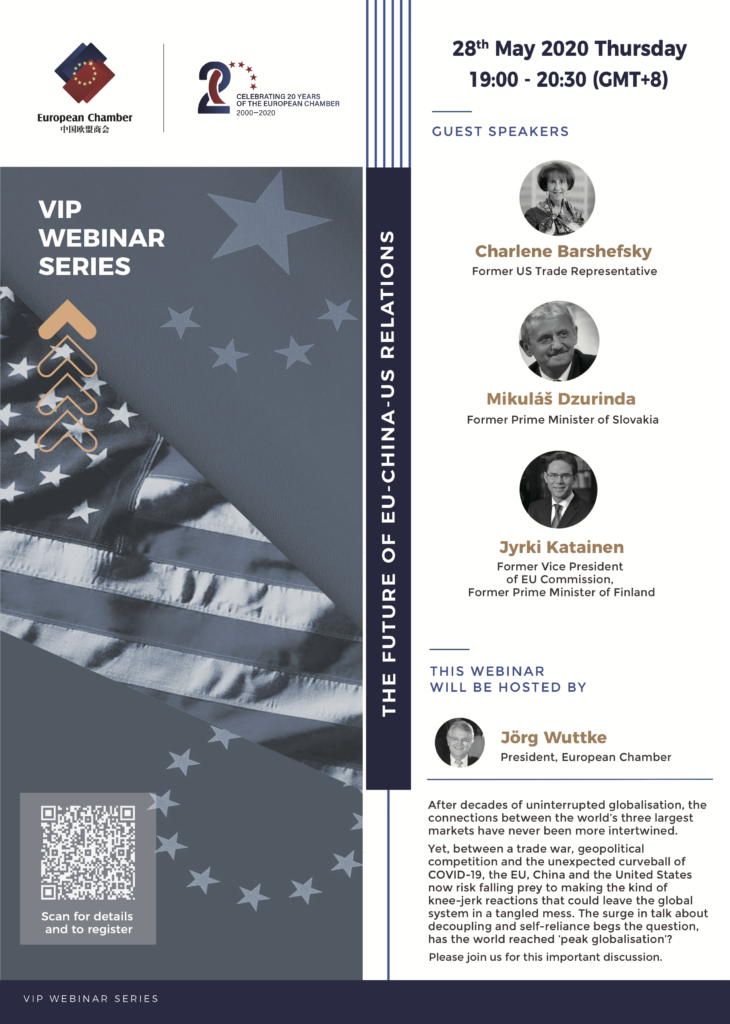
Inspiring views, Stefan! Hope to see you soon in Shanghai again!